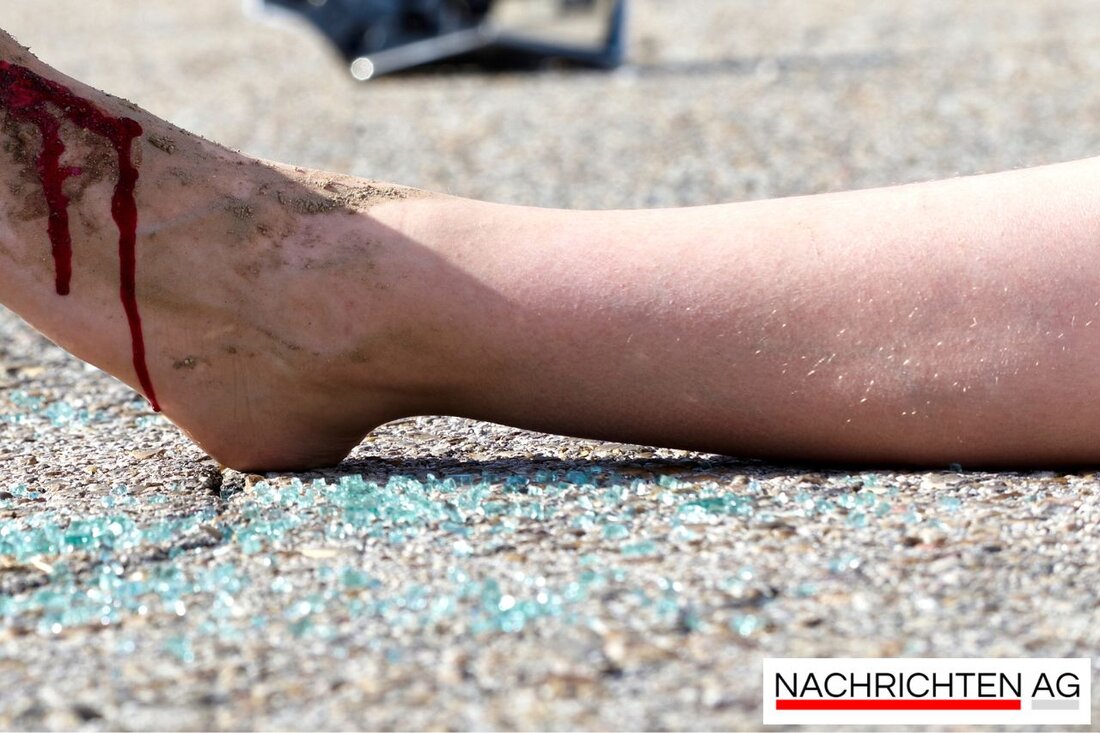Cycling: Healthy, environmentally friendly and the way into the future!
Find out how cycling in Donaustadt increases well-being and protects the environment - current benefits and surveys.

Cycling: Healthy, environmentally friendly and the way into the future!
Nowadays, cycling is becoming more and more important, not only for the environment, but also for people's health. Even though a tragic incident in Bruck an der Leitha resulted in a painful moment for a family, involving a twelve-year-old boy who fell on a mountain bike descent, this incident shows how important safe cycling infrastructure is and how many advantages cycling offers.
The accident occurred on September 28, 2025 at around 11:14 a.m. while the young cyclist was on a mountain bike trail. Despite the risks associated with such rides, cycling is an excellent way to exercise and improve your health. According to a survey of political opinion in Lower Austria, which also covers topics such as well-being and quality of life, it is good to know that cycling not only increases personal well-being, but can also increase life expectancy. Over 50 percent of car journeys in Austria could be replaced by bicycles, especially for distances of less than five kilometers that can be covered quickly and easily by bike, as meinbezirk.at reports.
Health Benefits of Cycling
Cycling has numerous positive effects on health. People who commute to work by bike spend up to two hours more moving per week. Health costs for cyclists can be reduced by up to 1,300 euros per year. An absolute win when you consider that the risk of premature mortality for cyclists can be reduced by 30 percent compared to non-cyclists. These figures come from the VCOE Transport Commission, which highlights the health benefits of cycling ([vcoe.at](https://vcoe.at/service/fragen-und- Answeren/radfahr-nuetzt-mensch-und-umwelt)).
Another aspect is the role of cycling in reducing air pollutants and noise emissions. In cities with well-developed cycling infrastructure, such as Copenhagen or Amsterdam, the proportion of cyclists is often higher than that of motorized transport. Improving cycling conditions could also lead to large-scale benefits in Austria. According to the Federal Environment Agency, up to 30 percent of car journeys in metropolitan areas could be shifted to cycling, which not only benefits the environment but also the quality of life of city residents (umweltbundesamt.de).
Economic and social aspects
The economic benefits of cycling should also not be underestimated. The cost of bicycle infrastructure is significantly lower than that of roads for cars. This not only relieves pressure on public spaces, but also promotes cycling and walking. Experts estimate that the savings from reduced healthcare costs and environmental damage may exceed the positive effects of cycling. Bicycle tourism is booming, especially in rural areas, and many municipalities see economic opportunities in this.
In summary, it shows that cycling should not only be seen as a leisure activity, but also as a serious mobility solution. However, safety aspects do not have to be neglected, as the boy's fall makes clear. It is important to further improve the infrastructure to make cycling safer for all generations.

 Suche
Suche
 Mein Konto
Mein Konto